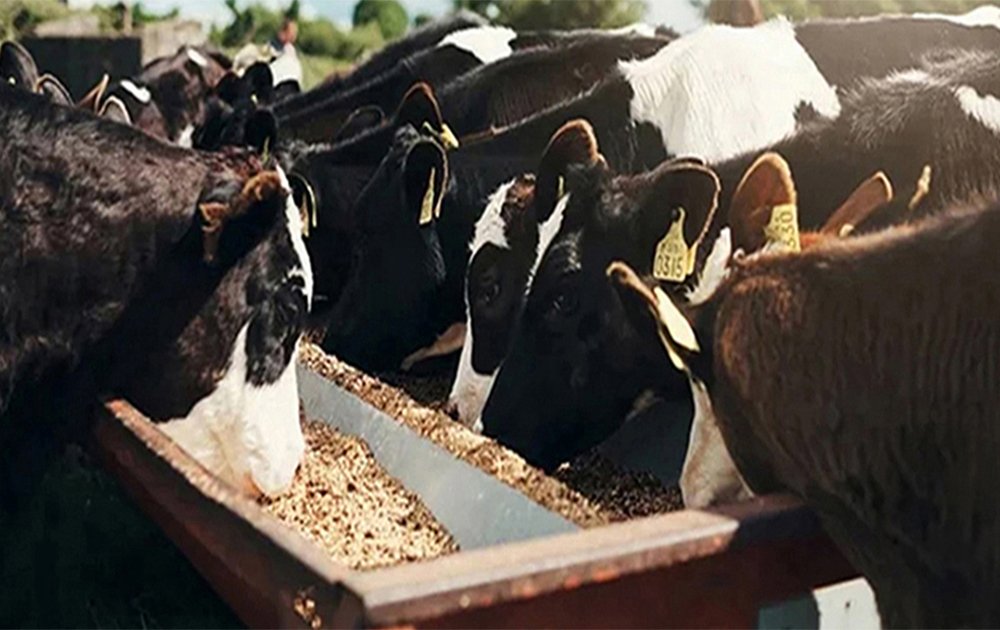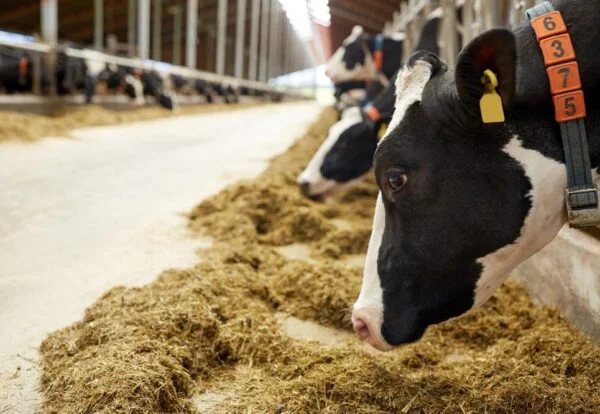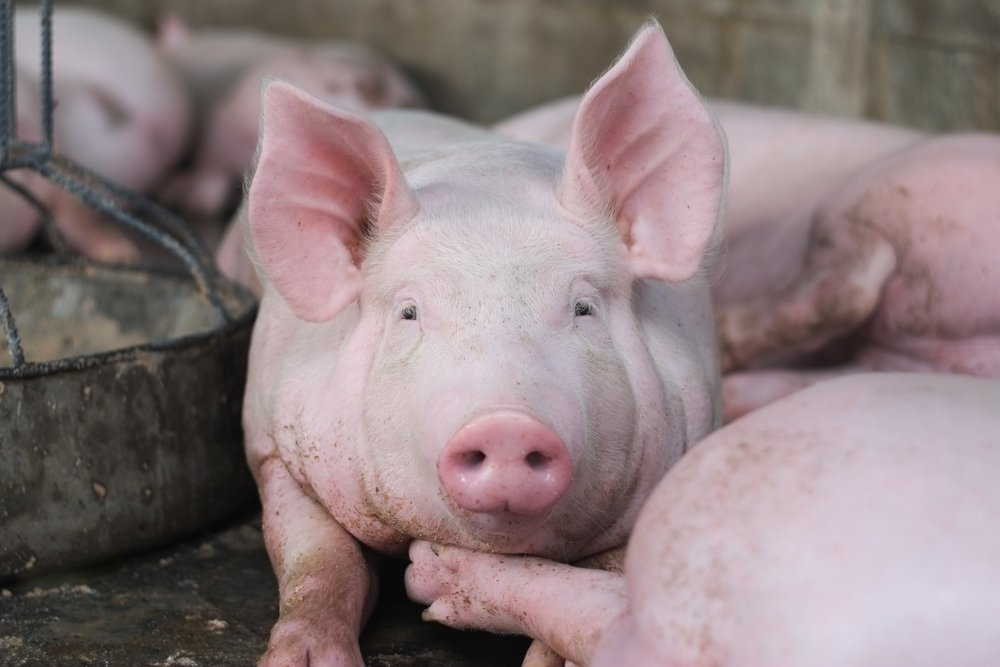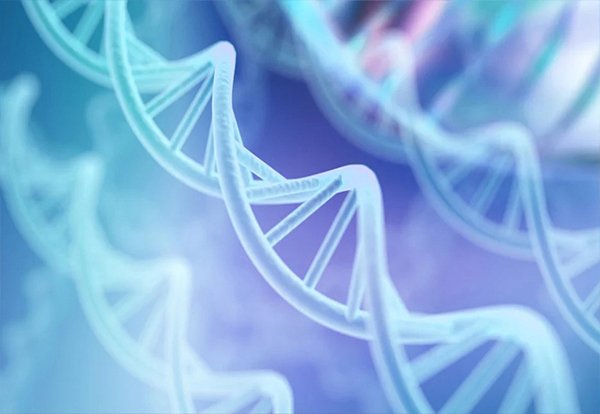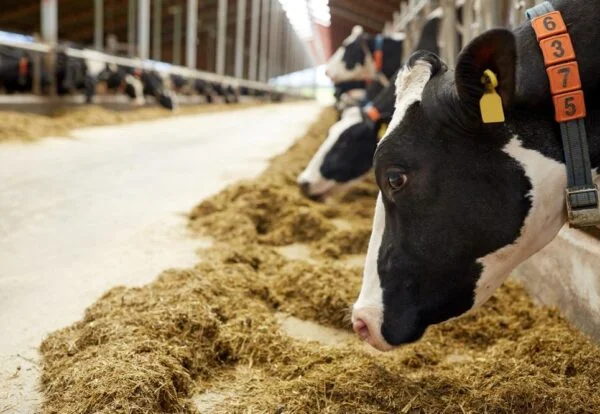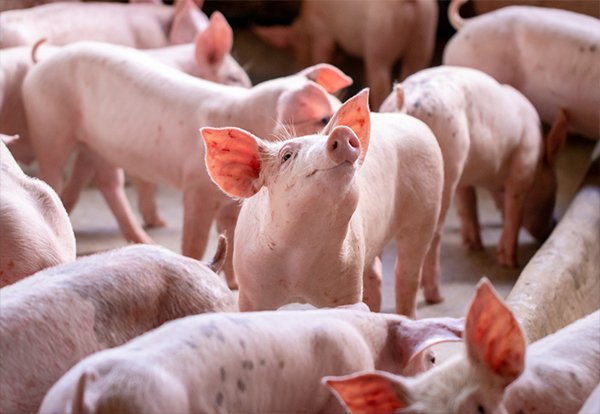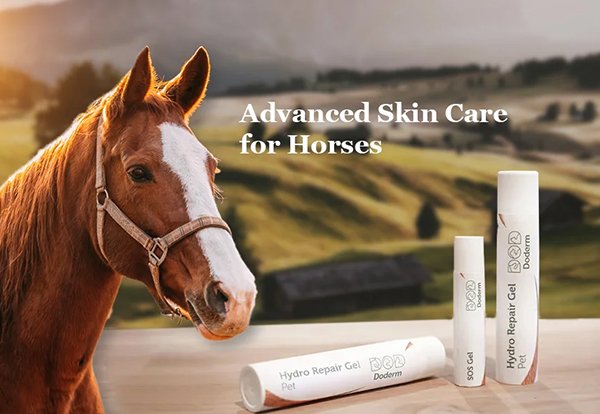At Centurion, we understand the critical role that proper nutrition plays in maintaining animal health and boosting farm productivity. Nutritional safety isn’t just about providing feed; it’s about ensuring that the feed is balanced, free from harmful contaminants, and designed to meet the specific needs of different livestock.
Understanding Macronutrient Ratios
Macronutrients are essential for the growth, health, and performance of livestock. These nutrients are categorized into three main groups: proteins, carbohydrates, and fats. Each of these macronutrients serves a unique purpose and should be balanced according to the specific needs of the animal and the production goals of the farm.
- Proteins:
- Proteins are the building blocks of animal tissues and are crucial for growth and repair.
- Livestock requires adequate protein levels to maintain muscle mass, support immune function, and promote overall health.
- A balanced protein intake helps enhance feed efficiency and optimize production.
- Carbohydrates:
- Carbohydrates serve as the primary source of energy for livestock.
- They are essential for maintaining the energy levels needed for growth, reproduction, and overall performance.
- Proper carbohydrate ratios help in sustaining endurance during activities, reducing fatigue, and improving recovery times.
- Fats:
- Fats are a concentrated source of energy and essential fatty acids necessary for various physiological functions.
- They play a vital role in hormone production, nutrient absorption, and overall metabolic processes.
- Incorporating healthy fats into livestock diets enhances energy availability, improving growth rates and reproductive success.
The Importance of Nutritional Safety
Nutritional safety directly impacts animal performance, immune response, and overall farm success. Neglecting this crucial aspect of farm management can lead to health issues, reduced growth, and lower yields. Conversely, when feed is optimized, farmers can expect thriving livestock and greater economic returns.
Enhanced Feed Efficiency
One of the main advantages of focusing on nutritional safety is the improvement in feed efficiency. High-quality, contaminant-free feed allows livestock to better absorb nutrients, leading to improved weight gain, growth, and production without the need for excess feed. This not only helps farmers reduce costs but also maximizes output.
- Better Nutrient Absorption:
Contaminant-free feed ensures that livestock can efficiently utilize nutrients, leading to optimal growth and productivity. - Cost-Effectiveness:
By maximizing feed efficiency, farmers can achieve better production results with lower input costs, enhancing profitability.
Protection Against Contaminants
Contaminants such as mycotoxins can be devastating to livestock health, often leading to illness, poor growth, and, in severe cases, death. At Centurion, we prioritize feed safety by providing additives that neutralize these contaminants, ensuring animals receive the best nutrition without the risks.
- Mycotoxin Mitigation:
Mycotoxins, produced by molds, can adversely affect animal health and performance. Our solutions help eliminate these harmful substances from feed. - Holistic Safety Measures:
Implementing stringent quality control measures in feed production ensures that livestock are protected from harmful contaminants.
Nutritional Safety and Animal Welfare
Nutritional safety is not only important for health but also contributes to improved animal welfare. A well-nourished animal is healthier, more productive, and less prone to disease, reducing the need for antibiotics and other treatments.
- Reduced Disease Incidence:
Proper nutrition strengthens the immune system, leading to fewer health problems and lower treatment costs. - Enhanced Quality of Life:
Healthy animals exhibit better behavior, higher activity levels, and improved overall well-being, contributing to sustainable farming practices.
Sustainable Farming Practices
Efficient feed use supports sustainable farming practices, helping to reduce waste and environmental impact. By focusing on nutritional safety, farmers can contribute to the global effort for more sustainable agriculture.
- Waste Reduction:
Optimized feed leads to less waste production, making for a cleaner and more environmentally friendly farming operation. - Environmental Responsibility:
Sustainable practices lead to healthier ecosystems and contribute to the long-term viability of farming operations.
Conclusion: A Step Towards Healthier Farms
Investing in nutritional safety is an investment in the future of farming. With optimized, balanced feed and protection against contaminants, farmers can improve the health, productivity, and sustainability of their operations. At Centurion, we’re here to support your journey to better animal health and enhanced farm performance.

